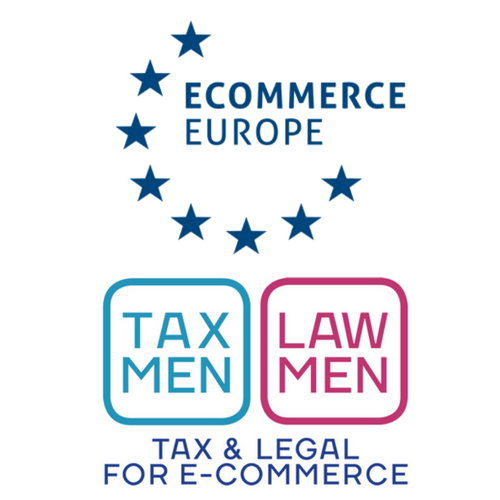On 1 December 2016, the European Commission published a package of legislative proposal to modernize VAT rules for cross-border e-commerce (the “VAT Package”). The VAT Package aims at delivering most of what Ecommerce Europe and its members have always asked for:
• The extension of the Mini-One-Stop-Shop (the “MOSS”) to services other than electronic services, the introduction of a minimum threshold and other simplifications for service supplies;
• The extension of the MOSS to distance sales of goods and the removal of the current cross-border thresholds;
• The removal of the existing VAT exemption for the importation of small consignments from non-EU suppliers and introduction of a new Import scheme for such consignments;
• The introduction of the faculty for EU states to apply VAT at a reduced or zero rate to e-publications, as they apply to their printed equivalents.
Ecommerce Europe has always supported the extension of the MOSS. However, even with an extended
One Stop Shop, online merchants will still have to deal with different VAT rates when selling abroad.
The European Union currently has more than 75 different VAT rates and this creates a disturbance of the level playing field needed to foster cross-border trade and to complete the internal market. Therefore, Ecommerce Europe is advocating for further simplification in the field of the VAT rate system.
Ecommerce Europe welcomes the fact that the Proposal also presents solutions to the issue related to a lack of threshold for intra-EU B2C supplies of electronic services. The lack of a threshold has caused several problems, specifically for SMEs, since 2015. Ecommerce Europe is also pleased to see that, with the proposed new rules, a business which has intra-EU B2C supplies of electronic services of a value of less than a certain amount will be able to identify the place where the customer is located based on only one piece of evidence rather than two, thus simplifying the procedure for web shops with less resources.
In addition, Ecommerce Europe supports provisions in the Proposal to remove the current VAT exemption on importation of goods up to 22 EUR. With this exemption, VAT is not payable when goods below this threshold are bought from outside the EU. This exception has created market distortions, to the disadvantage of EU businesses, and thus Ecommerce Europe supports the Commission’s initiative to abolish it. Ecommerce Europe also suggests that EU policymakers work together with the industry and its representatives to find workable solutions to inform businesses about the new rules, in an easy way and in a timely manner. The creation of a single web portal containing all relevant information concerning VAT in all Member States, in all the EU languages, would be a possible solution.
The present report examines the various features of the VAT reform on cross-border e-commerce envisaged by the VAT Package and, also, gives practical adjustments to the VAT Package recommended in light of the need of online merchants.
23 June 2017
e-Commerce
E-commerce Europe & Taxmen
Free CHF


The first and only
Swiss Association of
e-Commerce.
Centro Galleria 1 A
Via Cantonale
6928 Manno CH
@ Dagorà Innovation Hub
T. +41 (0) 91 210 47 36
VAT no.: CHE-485.124.256 IVA
MÜHLE TIEFENBRUNNEN
Seefeldstrasse 229
8008 Zürich
T. +41 44 500 21 73
Blue Box, Chemin du Pré-Fleuri 3
1228 Plan-les-Ouates CH
T. +41 (0) 22 510 71 03
@ Fongit Foundation